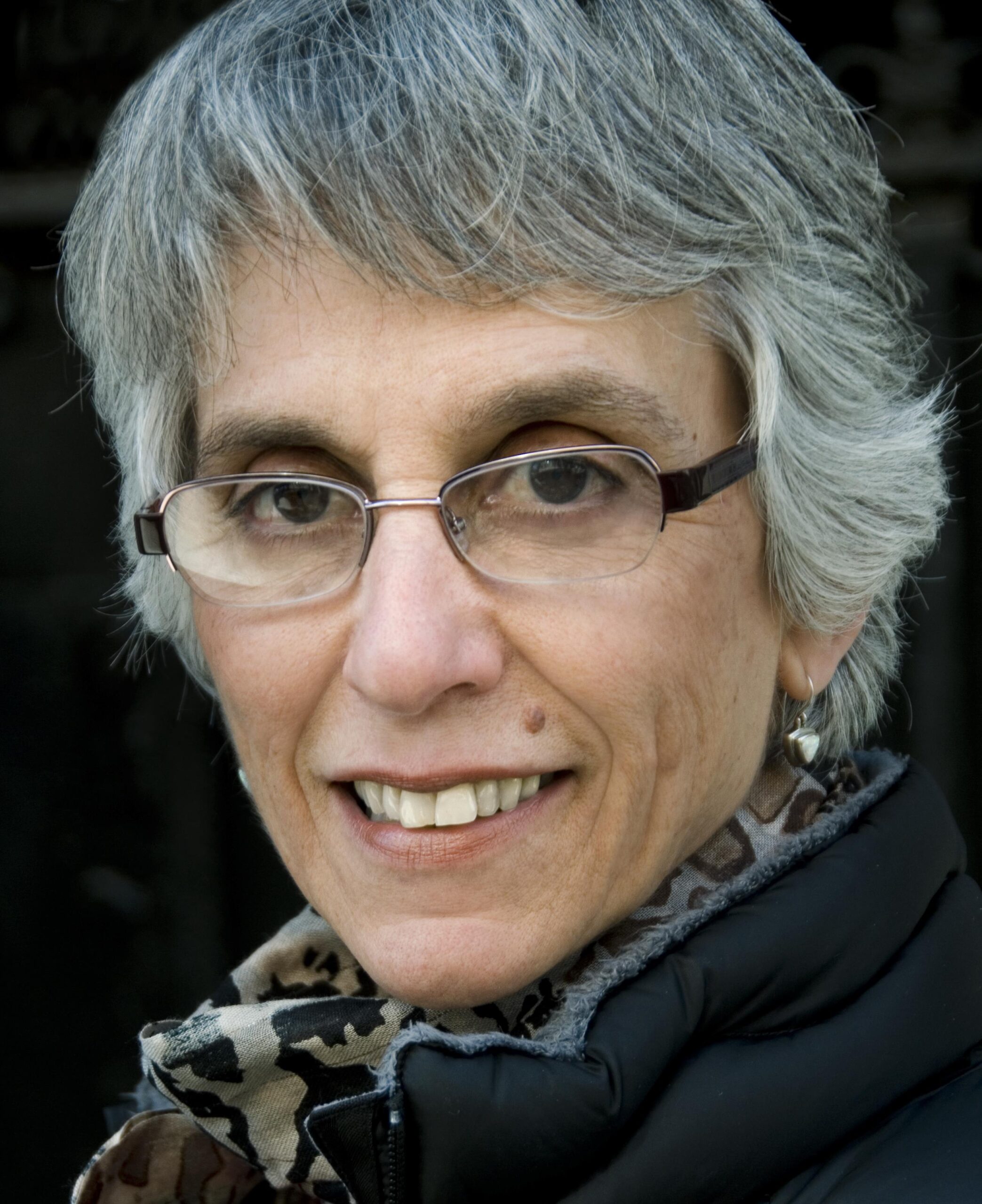God Loves the Stranger
—Deuteronomy 10:18
When I take these words deeply into my being, my flesh and blood, there is enormous relief. I am no longer struggling to protect the limited ideas I have about who I am. I am no longer projecting endlessly limited ideas of who you are. I am free. No one is a stranger. Everyone including my so-called enemies is an infinitely complex and precious creature. My labels, categories, and strategies to protect myself from them are paltry in comparison with their sacred mystery.
In our everyday lives, the stranger is sometimes the refugee, sometimes the person of color, age, youth, accent, small or large body, deafness, blindness, baldness, or different view, different neighborhood, different family or lover, profession, or power. There is no limit to who the stranger can be. In fact, some of our most challenging strangers may be those we live with and those we have loved or tried to love.
To see and understand this is the purpose of practice. To provide the social and cultural conditions to deepen this understanding is the purpose of all efforts toward justice and peace. The idea that God loves the stranger unites our inner work and our outer work. The inner work shines light, again and again, on the false conclusions I draw about my self. When I look carefully, calmly, through the lens of divine love, I see that I am none of these labels. I am indeed a stranger even to my own awareness. Now I inhabit this mood, this moment of joy or sadness, fear or envy, generosity, clarity, or confusion. Then it changes.
When I remember that God loves the stranger, the very category of stranger ceases to have meaning. God’s love is undifferentiated, unconfined, unlimited. It is an expression of the reality of deepest unity and interconnection of all life in the cosmos, drawn from a single source, ever spiraling, expanding, and returning. All other beings are working with their own limited ideas of who they are and who I am, just as I am working with mine. There is no difference that is substantial.
When I am receptive to the love of the stranger who lives within my own heart and mind, I can extend this love to the other, to one I think I know and to one I do not know. Without exception. This attitude aspires to create a world that is moving toward a more equitable distribution of resources and opportunities, a world of respect and sharing, a world saturated with the recognition of unity and love. This is a world where Black lives really matter and a refugee is received with interest, care, and empathy.
These stories and poems, teachings and meditative exercises are a product of a spiritual practice both in formal settings and in the ordinary life of a seeker, a Jewish woman in her eighth decade of life, a wife, a mother, and a grandmother who is trying to let God love her. It is my hope that they inspire you toward your own practices and your own embrace of the stranger that God loves.
(This is the introduction of God Loves the Stranger)








